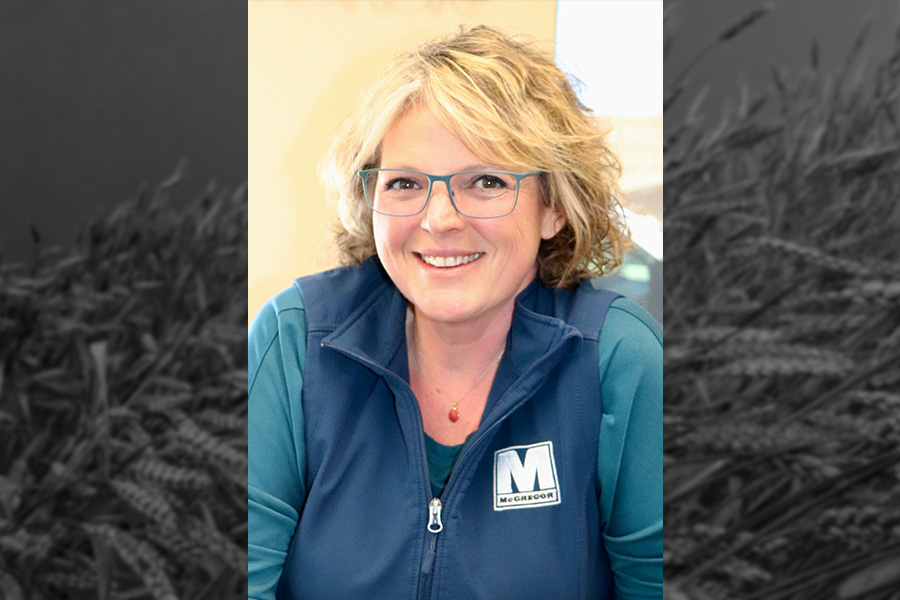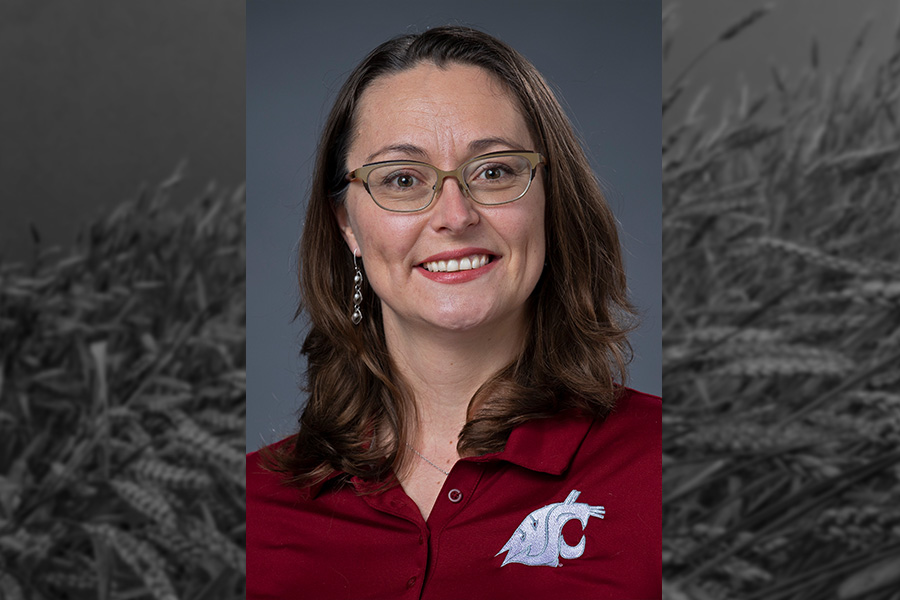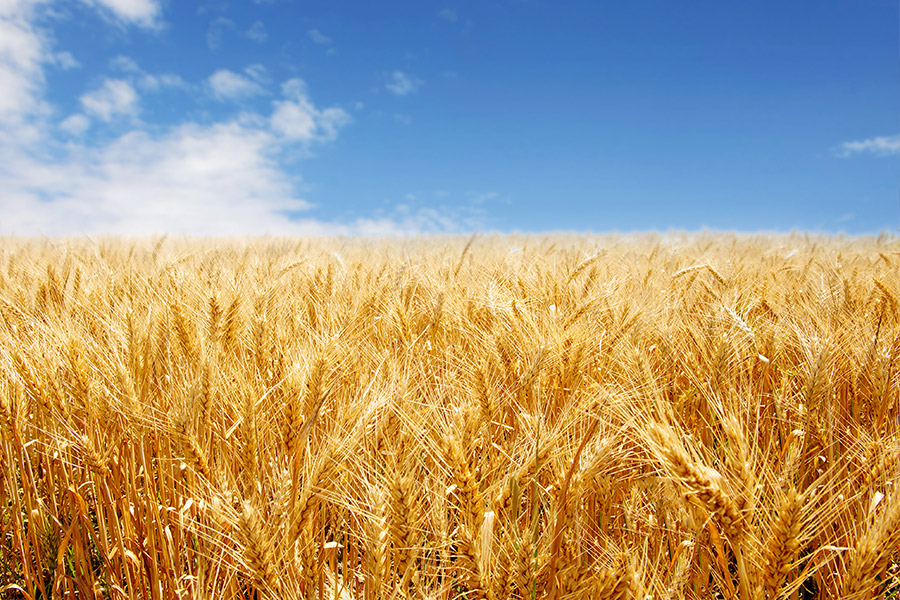Research
Moving research forward faster
Technology has moved plant breeding forward by leaps and bounds, but not without some resistance, most notably to genetically modified organisms (GMO)s. Gene editing could provide a viable alternative in breeding programs without all the GMO baggage. In gene editing, researchers modify the current DNA of a plant to either…
Helping farmers bounce back
In a recently released report, the Washington State Department of Agriculture (WSDA) is tackling ag viability in the face of a changing climate and figuring out ways to help farmers come out ahead. Published in March 2025, the “WSDA Climate Resilience Plan for Washington Agriculture” is designed to support the…
Homegrown scientist returns to PNW wheat industry
It would seem Cat Salois was destined to be involved in the Pacific Northwest (PNW) wheat industry. Her father was raised on a farm near Goldendale, and Salois was born in the fertile Willamette Valley in Oregon. Both of her parents earned degrees from Washington State University (WSU). Before the…
A digital gathering space for growers, researchers
Carol McFarland hopes the PNW Farmers’ Network can play a complementary role in the digital space that the coffee shop plays in the real world, a place to gather and share information. And while it’s not required, a keen interest in talking about drills and spray nozzles is always welcome….
Research on my mind
There’s just a lot going on these days in agriculture. Between all the new advances in technology, chemistry, biologicals, spending money, and worrying, I find that my mental dance card is a bit full! This month I’d like to highlight one particular aspect of our industry that will either fill…
Seasons of farming: Winter
As winter settles in, most farmers’ fields go quiet, but that doesn’t mean nothing is happening. In Eastern Washington’s Mediterranean climate, winter is when the region receives the majority of its precipitation, either as rain or, preferably, snow. Snow insulates crops from wind and excessively cold temperatures and allows soil…
Regenerating ag
At the 2024 Wheat College, Ray Archuleta had a message for growers that was both hopeful and a warning. “Agriculture can heal the planet by itself without changing anything else. I believe agriculture is the answer for the future,” he said. “Regenerative agriculture is not for everyone. I’m going to…
The good ol’ days of farming
Think back to the early days growing up on the farm and helping out. Do you remember all the great times you had? It seemed like stress levels were much lower. I remember my first solo combine job in 1982-83. I ran a cabless Gleaner-G Harvester. It was itchy and…
Plot tours showcase research pipeline
Variety performance may be the cornerstone of Washington State University’s (WSU) summer plot tours, but there’s a lot of other information also on offer for growers. “While growers can get the information online, there’s something tangible about being able to see the different varieties,” said Clark Neely, WSU’s cereal variety…
A foundation to grow on
Washington wheat is known all over the world for its quality and keeping that quality high is due, in large part, to growers like Derek Schafer, who’s been growing registered and certified seed for more than 20 years. Schafer, who farms outside of Ritzville, Wash., said he uses approximately 20%…





















